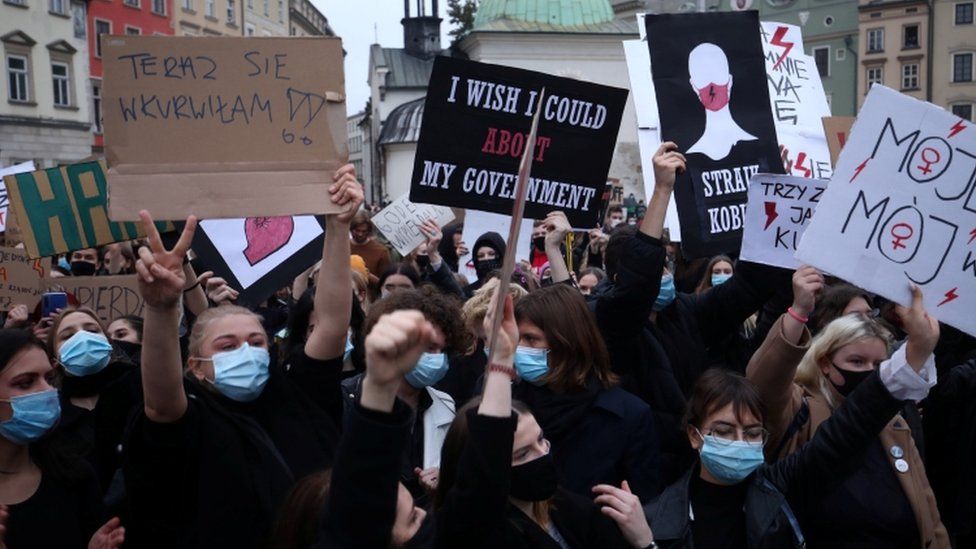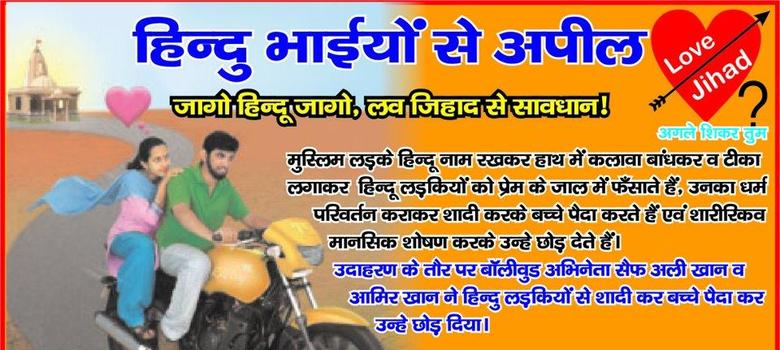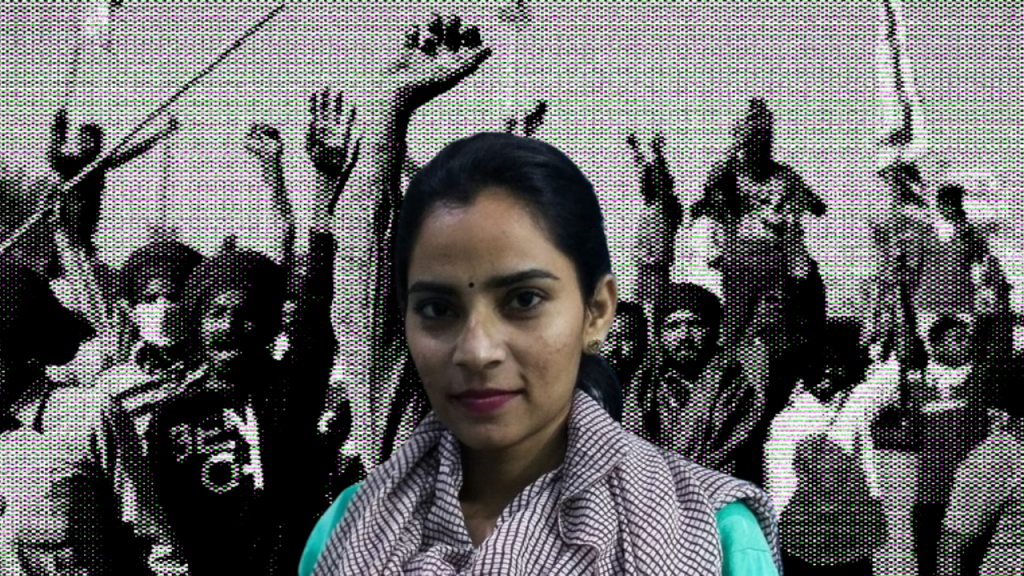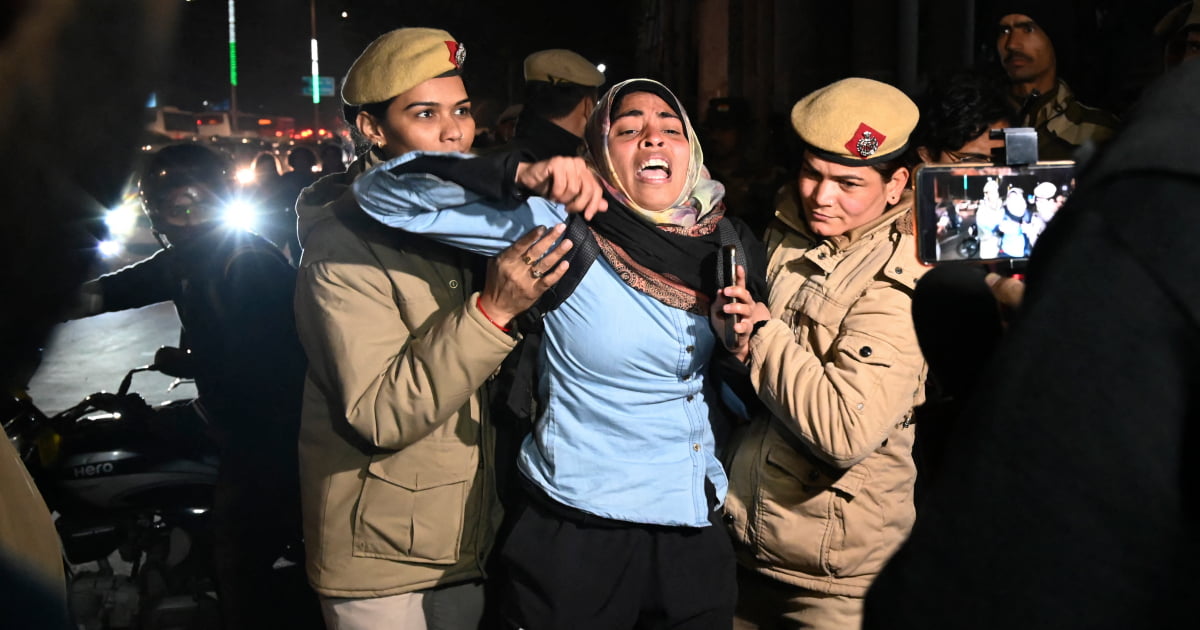2020 was a year of celebration for women’s suffrage globally, as Kamala Harris became the first woman to be elected vice-president of the United States. However, all that glitters was not gold for women in other parts of the world. As the world grappled with the COVID-19 pandemic, women faced a ‘Shadow Pandemic‘ of intensified domestic violence and heightened barriers to seeking help. Women in Mexico vociferously raised their voices against rampant femicide in the country. So did women in Turkey. And in Poland, women protested in freezing temperatures against the new anti-abortion laws.

In a similar league of basic rights, women in India did not just suffer inside domestic confines—according to statistics by the National Commission of Women, domestic violence complaints showed a 2.5 times increment since the lockdown was imposed—but also at the hands of the far-right, Hindu-nationalist government that routinely espouses caustic views on women’s liberation, dignity and intellectual independence.
A century ago, Hindu nationalists constructed their masculinity in response to colonial conceptions that regarded the Hindu male as effeminate and physically incompetent. Physical power and strength, therefore, became inherent to male-centred Hindu nationalist movements through the 20th century, with communal battle lines between the ‘strong Hindu’ and the ‘lustful Muslim’ drawn across women’s bodies. In the 1920s, propaganda swirled in the state of Uttar Pradesh through pamphlets and posters that Hindu women’s pure bodies were being violated by lustful Muslim men.

The Hindu nationalist agenda of asserting control over women’s bodies continues till date. One politician recently commented, “Women wearing ripped jeans can’t provide [the] right environment at home for children,” while one of the party’s most high profile leaders has said in the past that “women [are] not capable of being left free or independent.” But the biggest blow came in November 2020 when the Uttar Pradesh government introduced the Prohibition of Unlawful Religious Conversation or ‘Love Jihad‘ ordinance. The law is premised on the idea that ‘innocent,’ ‘pure,’ and ‘irrational’ Hindu women are lured into conversion and marriage to Muslim men, and therefore need to be protected by the state. The law not only undermines women’s autonomy and freedom, but is also a blow to India’s secular and syncretic foundation.
Apart from the verbal and political denigration of Indian women, physical assaults on women are very common occurrences, with little to no justice served to the victim. This is underpinned by the National Crime Records Bureau’s latest report, which shows that almost 88 rapes take place in India, with abysmal conviction rates below 30%. In one of the most striking cases of sexual violence in the country, in 2020, a 19-year old Dalit girl was gang-raped by upper caste men in her locality. Patriarchy in India is caste-infused, where ‘twice-born’, upper caste men often take law into their hands, and shape masochistic moral boundaries for women.
Also read: Love Jihad Law: Making Hindu Women ‘Nirbhar’ In ‘Aatmanirbhar’ India
Evidently enough, the Indian judiciary and criminal justice system are pervaded with overt masculine tendencies, where patriarchal instincts overrule equality before law and interfere with human sensibilities. Quite recently, Sharad Bobde, the current Chief Justice of India, suggested during a hearing that a rapist marry the 16-year-old victim of rape or go to jail. Many feminists and activists in India have called Justice Bobde’s remarks ‘atrocious‘ and have called for his immediate resignation. However, the patriarchal infestation of the present-day judiciary in India does not cease here. India’s former Chief Justice, Rajan Gogoi was accused of molesting a former employee at the Supreme Court, and when she swore an affidavit accusing the Chief Justice of making unwanted sexual advances towards her, he launched a vendetta against the victim and her family.
As right-wing Hindu nationalism (known as Hindutva) takes a tighter grip on free voice in the country, women activists, especially Dalit and Muslim women, stand at a double disadvantage. This is represented in the very telling cases of Dalit labor-activist Nodeep Kaur, who was subjected to violence while in custody, and was also showered with demoralising casteist slurs. Safoora Zargar, a student at one of Delhi’s premier institutions, was arrested for allegedly instigating the 2020 Delhi riots. Zargar was arrested, kept in solitary confinement and denied bail — all when she was in the second trimester of her pregnancy, when the COVID-19 pandemic was at its peak last April.

The Indian government, under the leadership of Narendra Modi has shown enthusiastic support for women’s empowerment by pioneering a handful of pro-women schemes, but the BJP’s sustained effort at suppressing powerful dissenting female voices tells a much less uplifting story.
It is noteworthy to observe that women in India are not fighting day-to-day sexism in personal lives, but are wrestling with a deep-seated, institutional casteist patriarchal set-up that leaves little room for them to exercise their personhood. Navkiran Natt, a prominent woman activist from the farmers’ movement says, “The farmers’ protests is a revolutionary space where women have found the voice to revolt.” On 23rd February, the Delhi Police went to five different places to locate her. All because she emboldened the participation of farmers, especially women farmers who were breaking traditional barriers of domesticity at the ongoing farmers’ protest in the country.
When TIME Magazine featured women-farmer protestors on the international cover of its March edition, India rejoiced. Earlier this year, the magazine named 82-year-old Bilkis Bano in its 100 Most Influential People in the World list for her participation in the anti-citizenship protests at Delhi’s famous Shaheen Bagh. These hopeful stories are important to tell; but they obscure the reality that women in India are not only fighting day-to-day sexism in personal lives, but deep-seated, institutional discrimination by a supposedly democratic, secular government. Last month, global democracy watchdog Freedom House downgraded India from a ‘Free’ to a ‘Partly Free’ country. For women, the deterioration of India’s democracy is a grim reminder of their plight.
Also read: How The Criticism Against Tanishq Ad Peddles A Hindutva-Nationalist Narrative
Mrinali Dhembla is freelance journalist and a student at Hunter College, New York. Follow her on Twitter.
Rya Jetha is a freelance journalist and student at Pomona College. Follow her on Twitter.
Featured Image Source: Prakash Singh/AFP via Aljazeera




